Materiality
Fundamental Approach
With an eye on the United Nations Sustainable Development Goals (SDGs) and various other environmental, social, and governance issues, the Nittobo Group has identified materiality (important management tasks) that should be addressed in order for us to continue contributing to the realization of prosperous communities.
Materiality Identification Process
From the perspectives of both strategic CSR (that is, contributing to society by taking advantage of our strengths and through our business activities) and fundamental CSR (that is, preparing the structures and initiatives forming the foundation of sustained growth), we have identified seven materiality issues. In addition, for each social challenge corresponding to our materiality, we have sorted out the Nittobo Group’s risks and opportunities and are promoting measures to reduce the former and enhance the latter.
- 1. Issue Selection
-
- Discussed the Nittobo Group’s purpose and value creation
- 2. Analysis and Plan Creation
-
- Each business division analyzed its environment and formulated a vision for the future
- Held multiple intensive discussions between the President and business divisions
- 3. Management
Decision-Making -
- Discussed in depth by the Board of Directors with External Directors’ input and provided feedback to the business divisions
- 4. Setting and Development
of Materiality -
- Defined 7 materiality items
- Developed specific initiatives to realize our vision
Risks and Opportunities Related to Materiality and Social Issues
| Materiality | Social Issues | Risks | Opportunities | |
|---|---|---|---|---|
| Provide products and services that contribute to environment/energy | Intensification of Global Warming and Environmental Issues
|
|
|
|
| Adapting to climate change and a resource-recycling society | ||||
| Provide products and services that contribute to digital society | Arrival of a Super Smart Society
|
|
|
|
| Provide products and services that contribute to health/security/safety | Societal Structure Issues
|
|
|
|
| Realizing continuous, sustainable growth for the Company |
|
|||
| Strengthen management foundation |
|
|
||
| Foster human resources for innovation |
|
|
||
| Continuously revise corporate governance |
|
|
||
Materiality, Key Measures, and Relevant SDGs
| Materiality | Key Measures | Relevant SDGs | |
|---|---|---|---|
| Provide products and services that contribute to environment/energy |
|
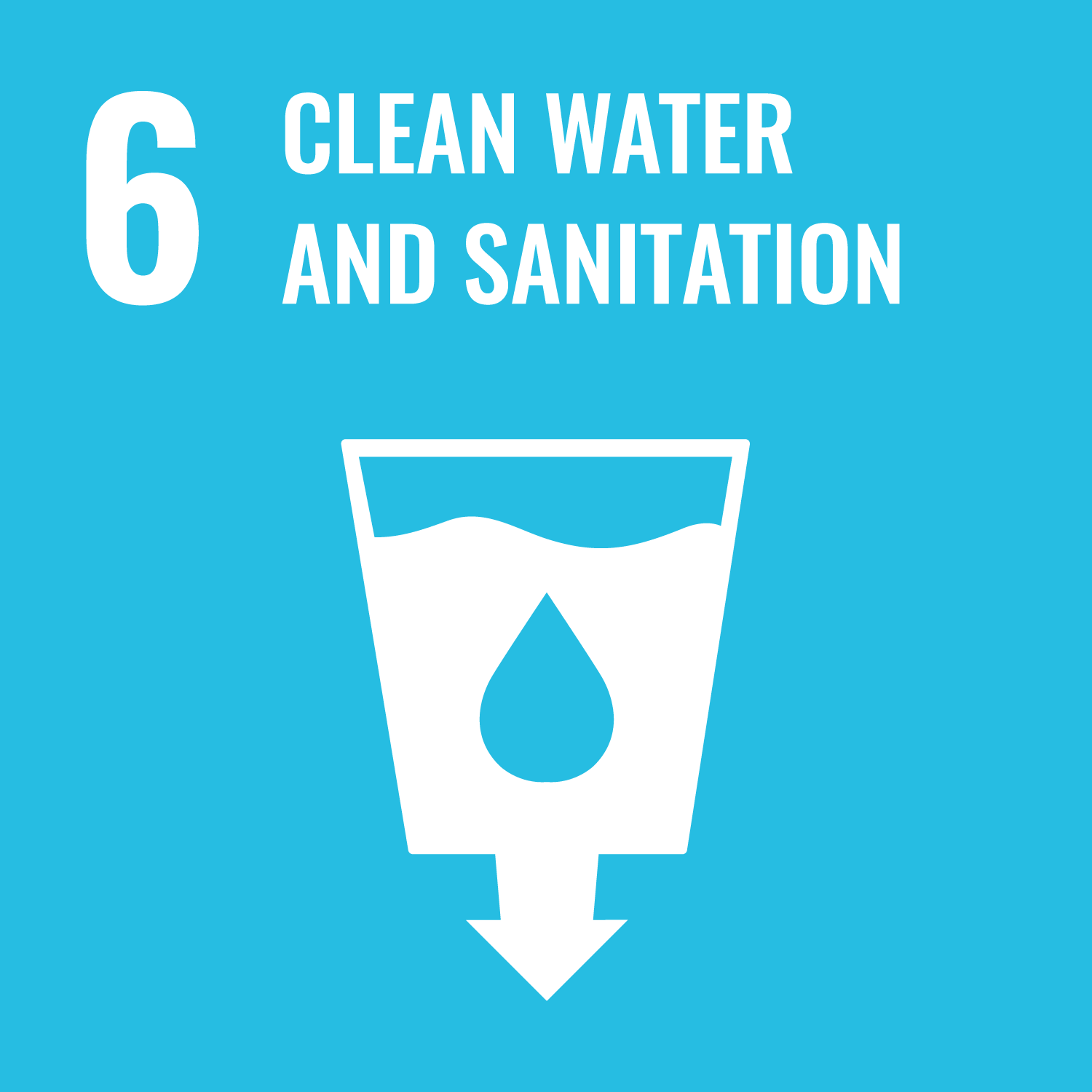
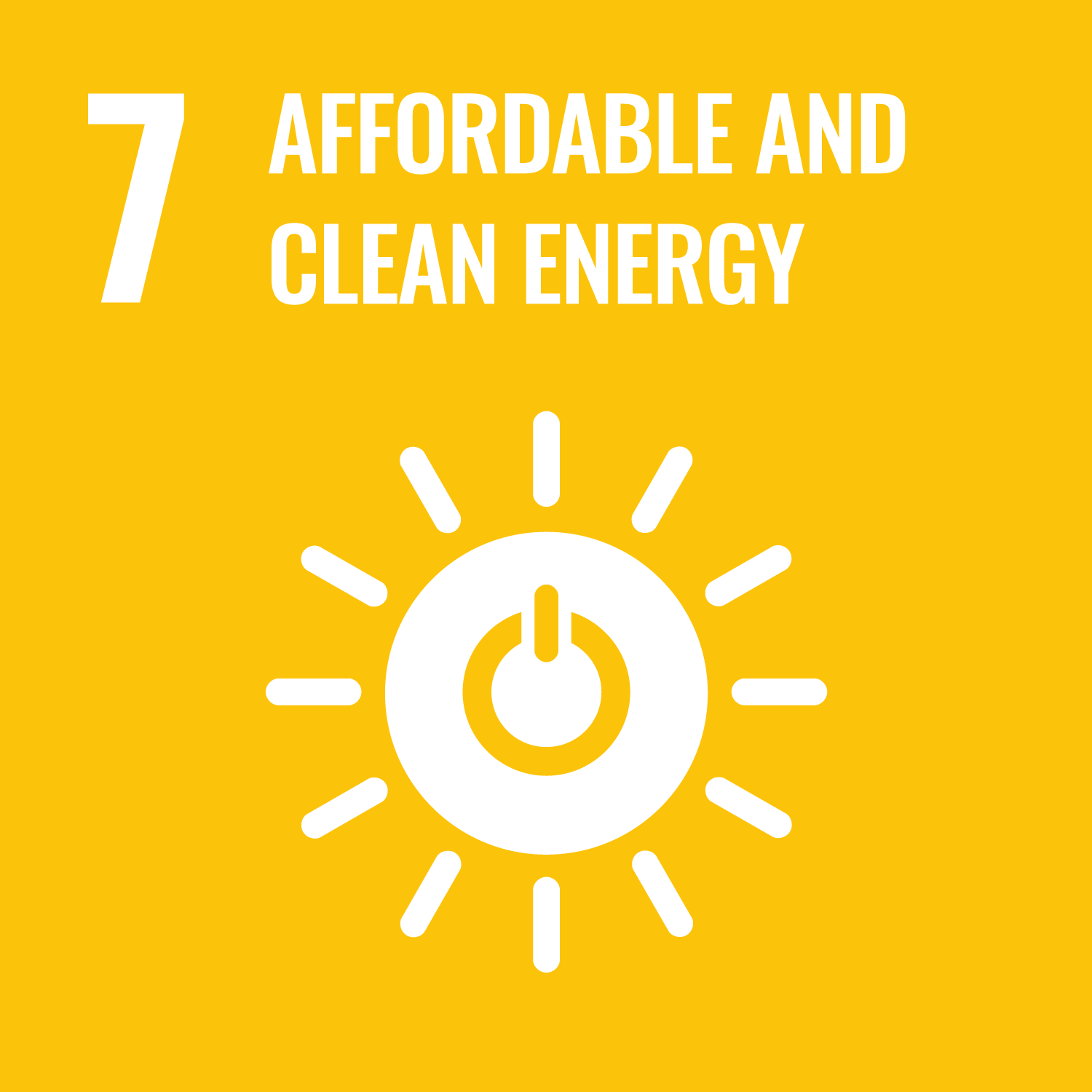
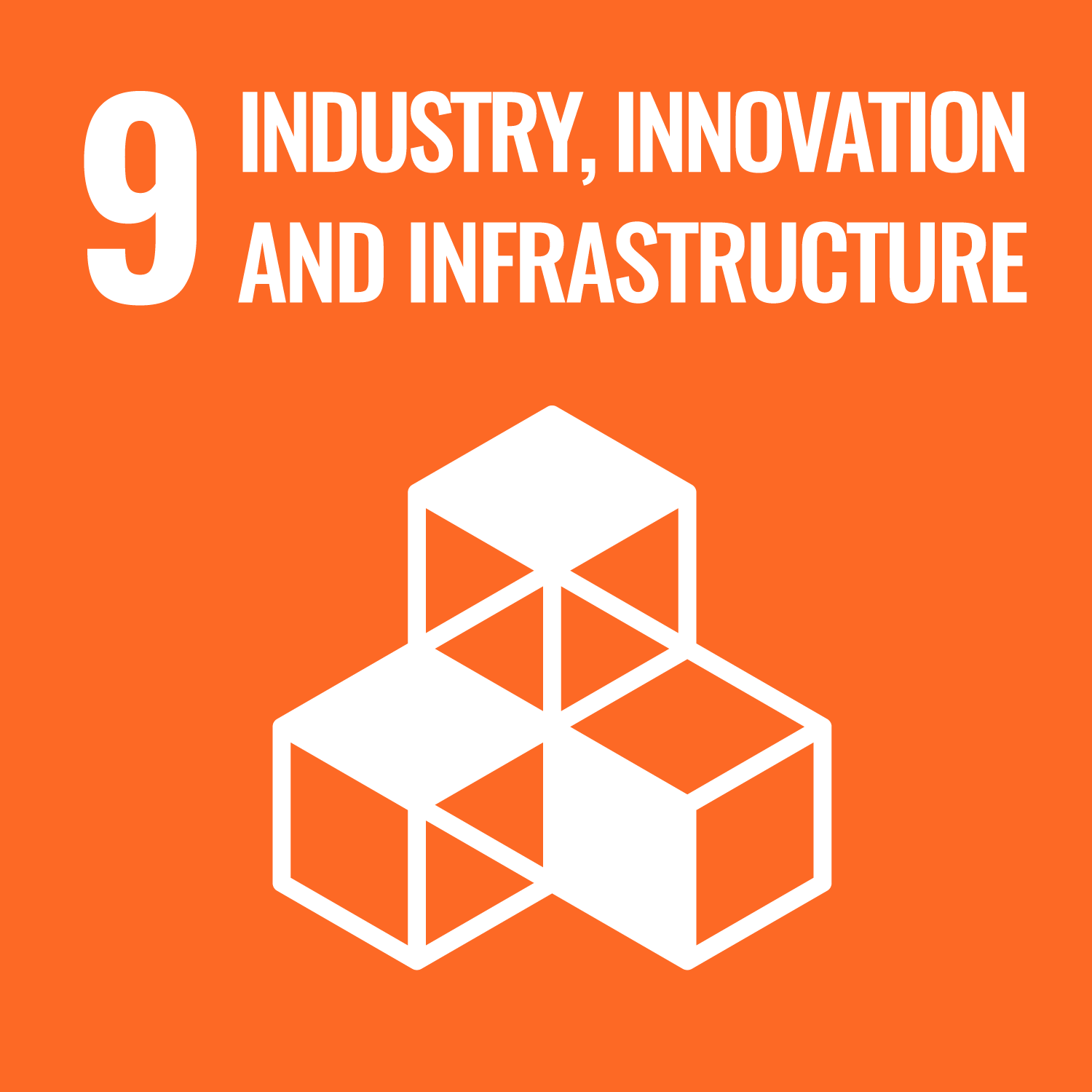
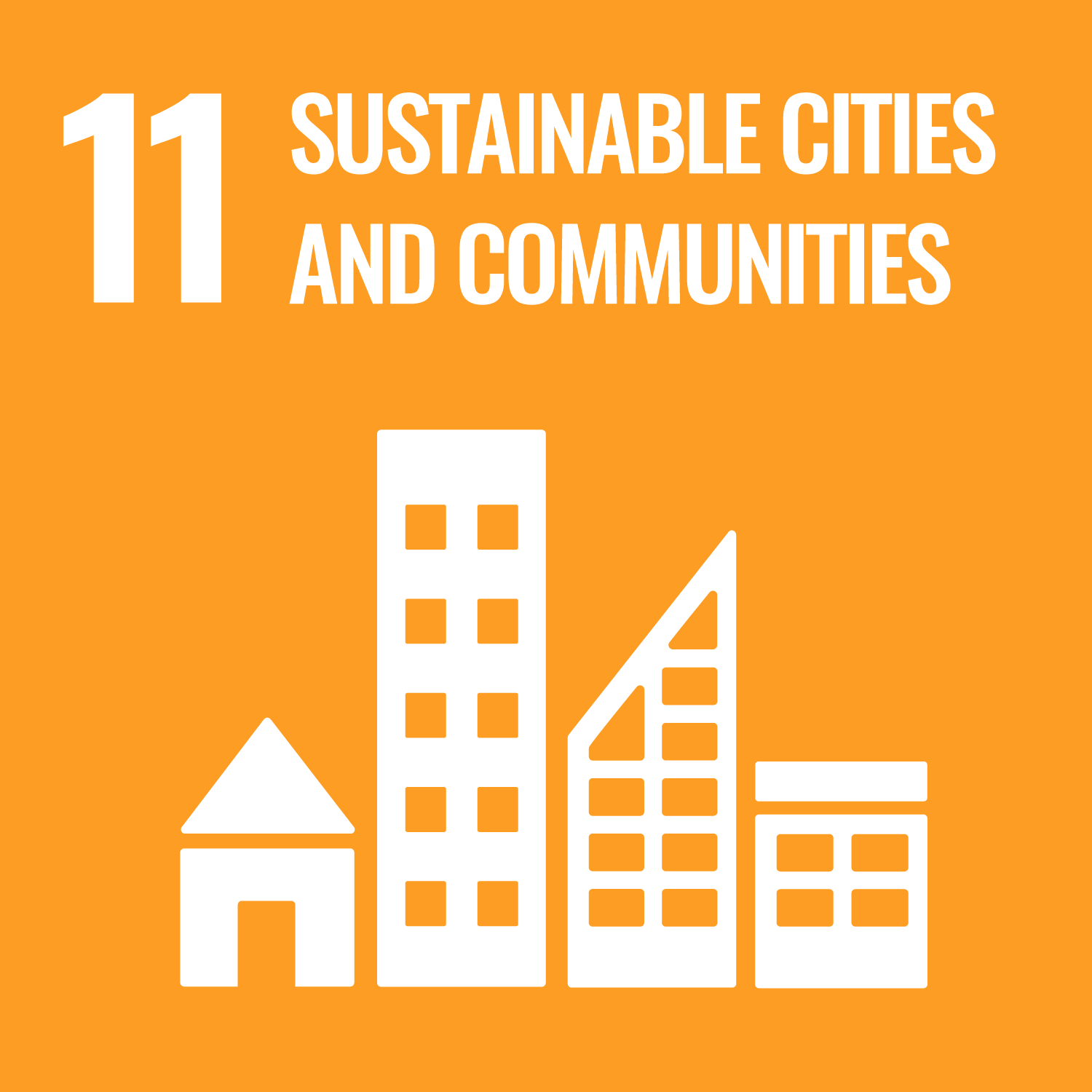
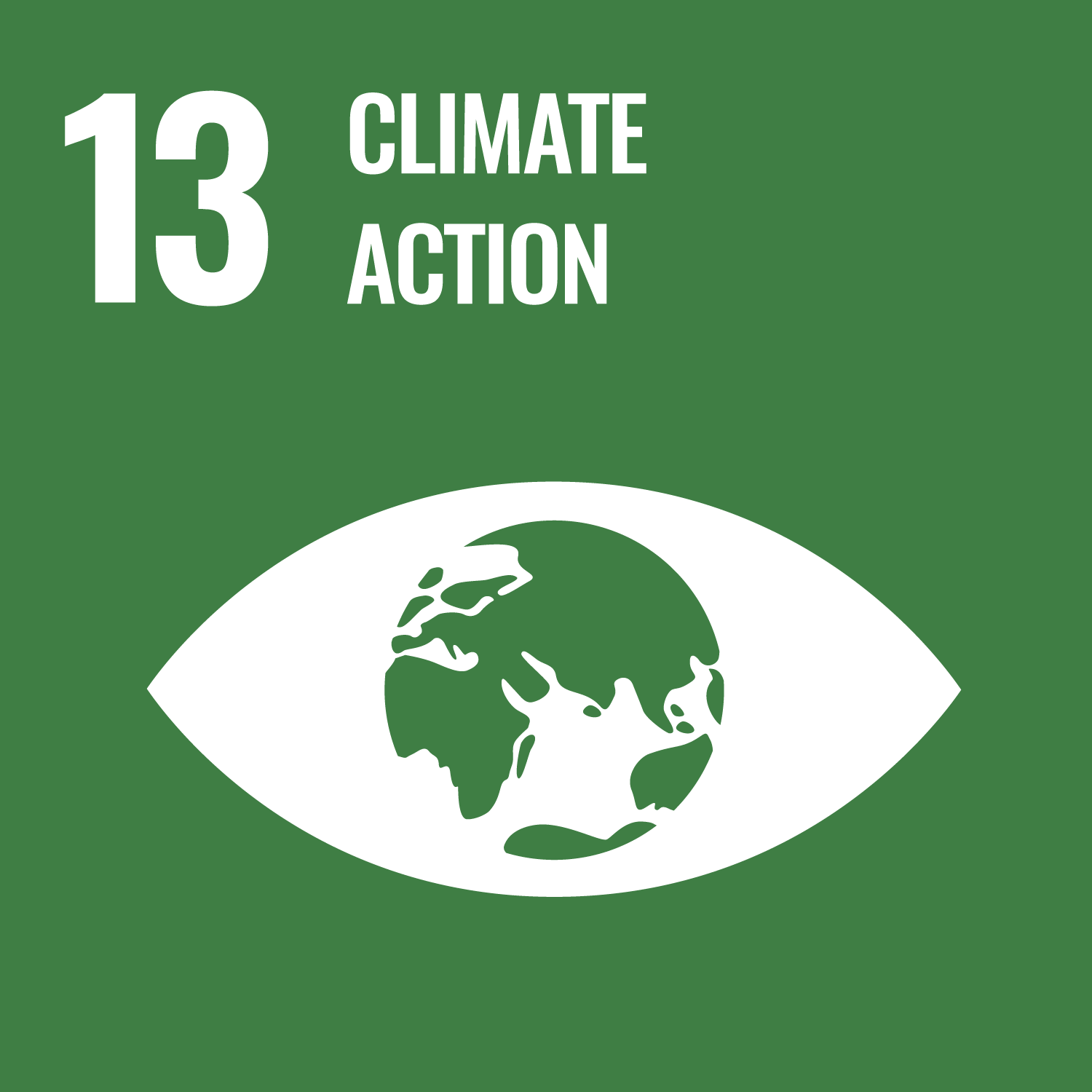
|
|
| Adapting to climate change and a resource-recycling society |
|


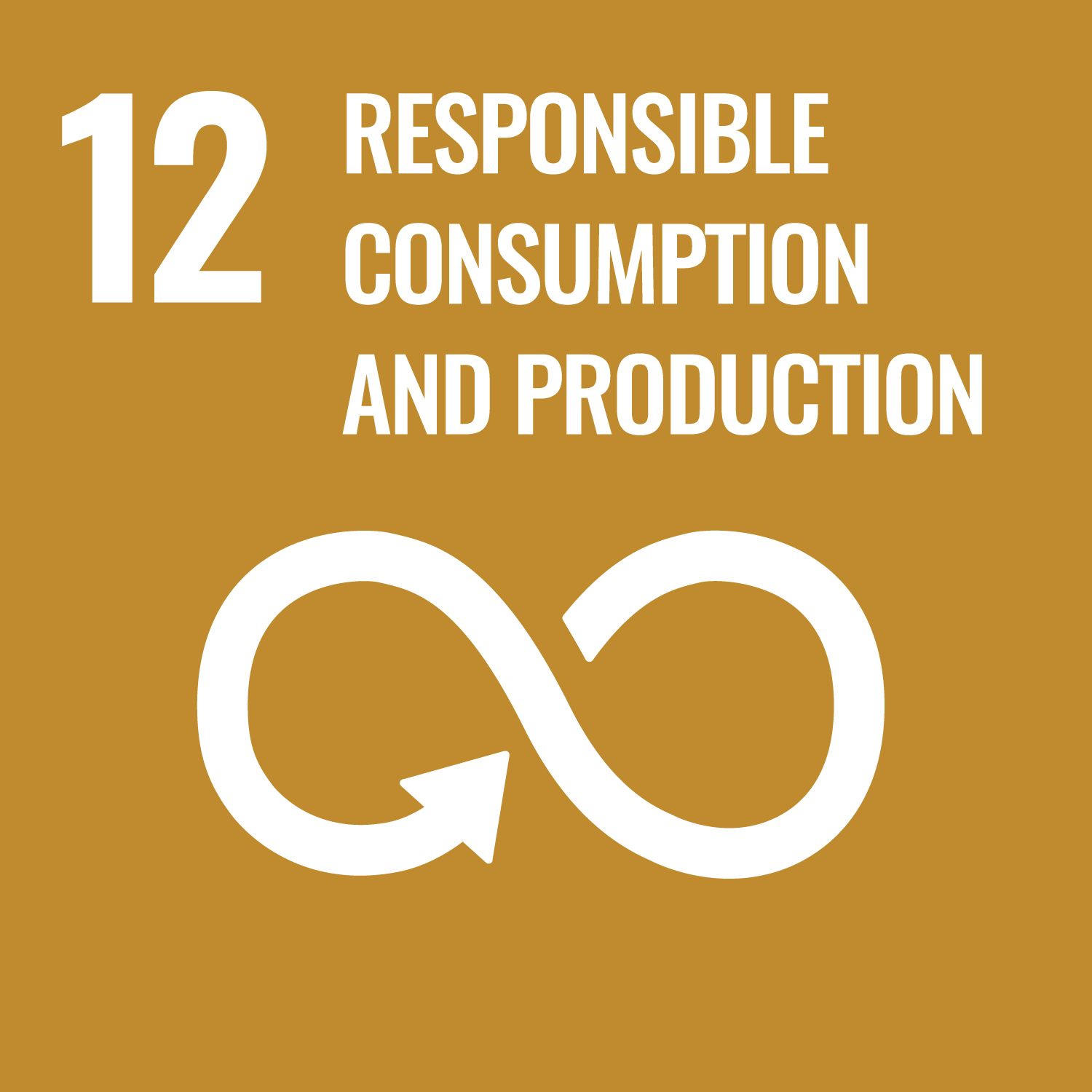

|
|
| Provide products and services that contribute to digital society |
|
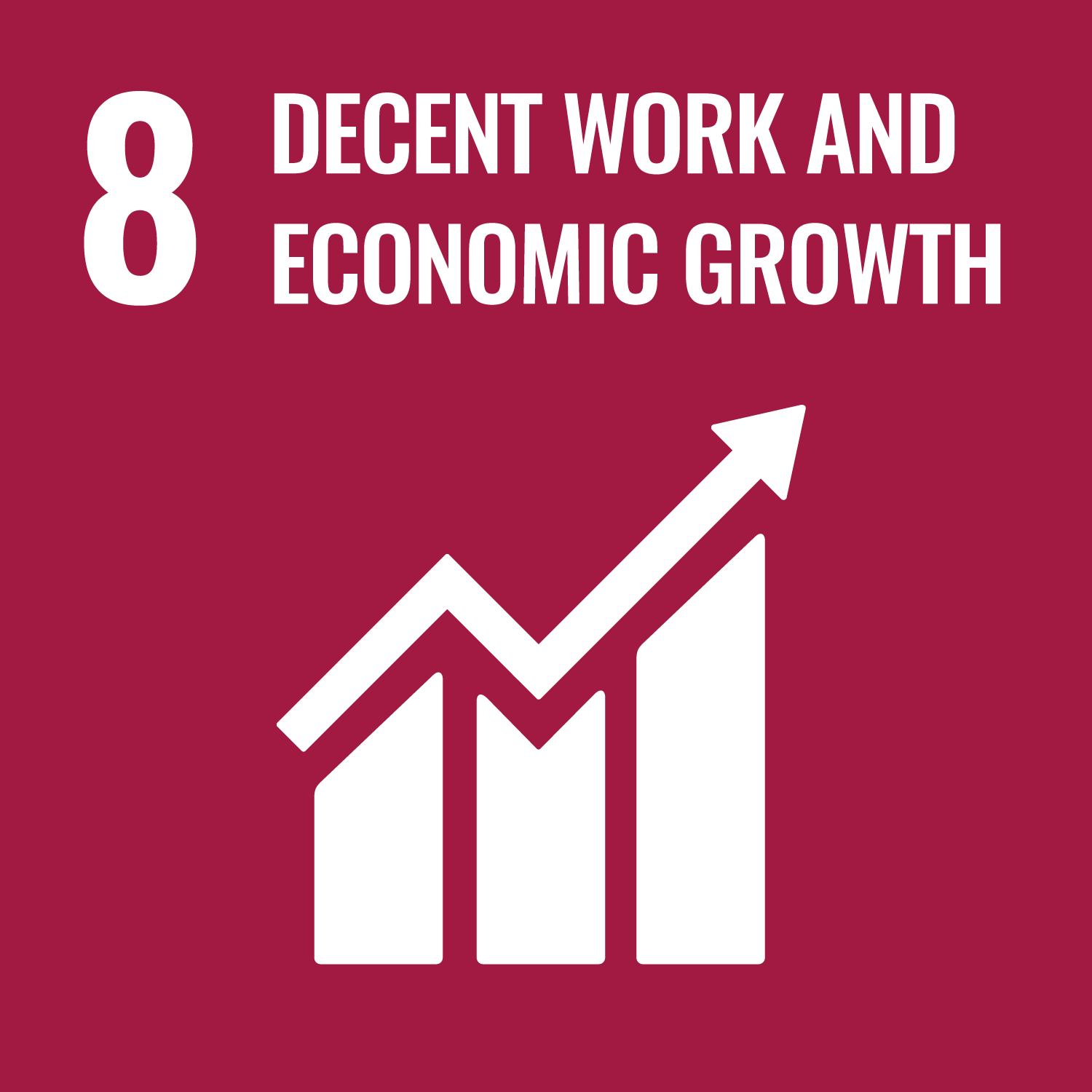


|
|
| Provide products and services that contribute to health/security/safety |
|


|
|
| Realizing continuous, sustainable growth for the Company | |||
| Strengthen management foundation |
|



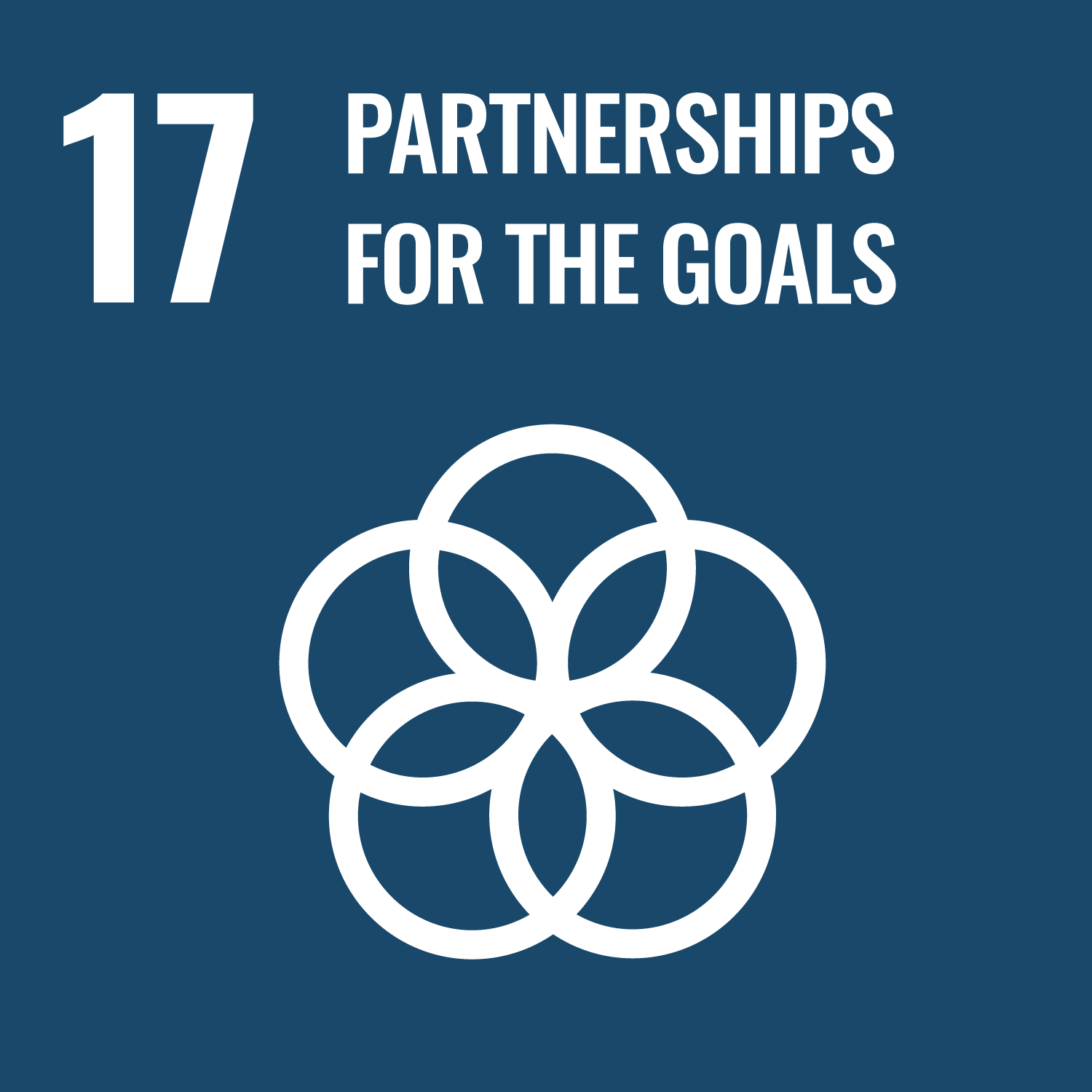
|
|
| Foster human resources for innovation |
|
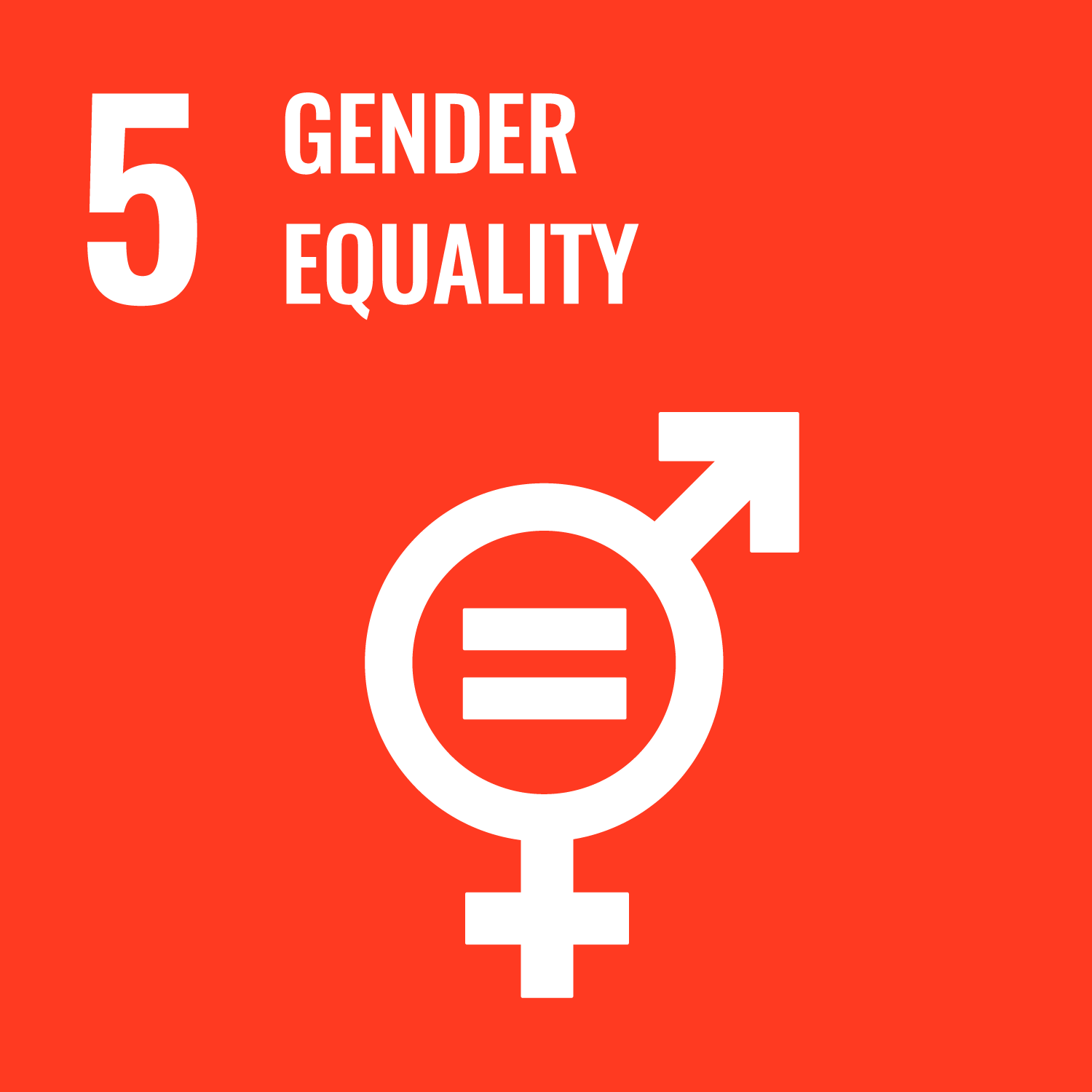


|
|
| Continuously revise corporate governance |
|
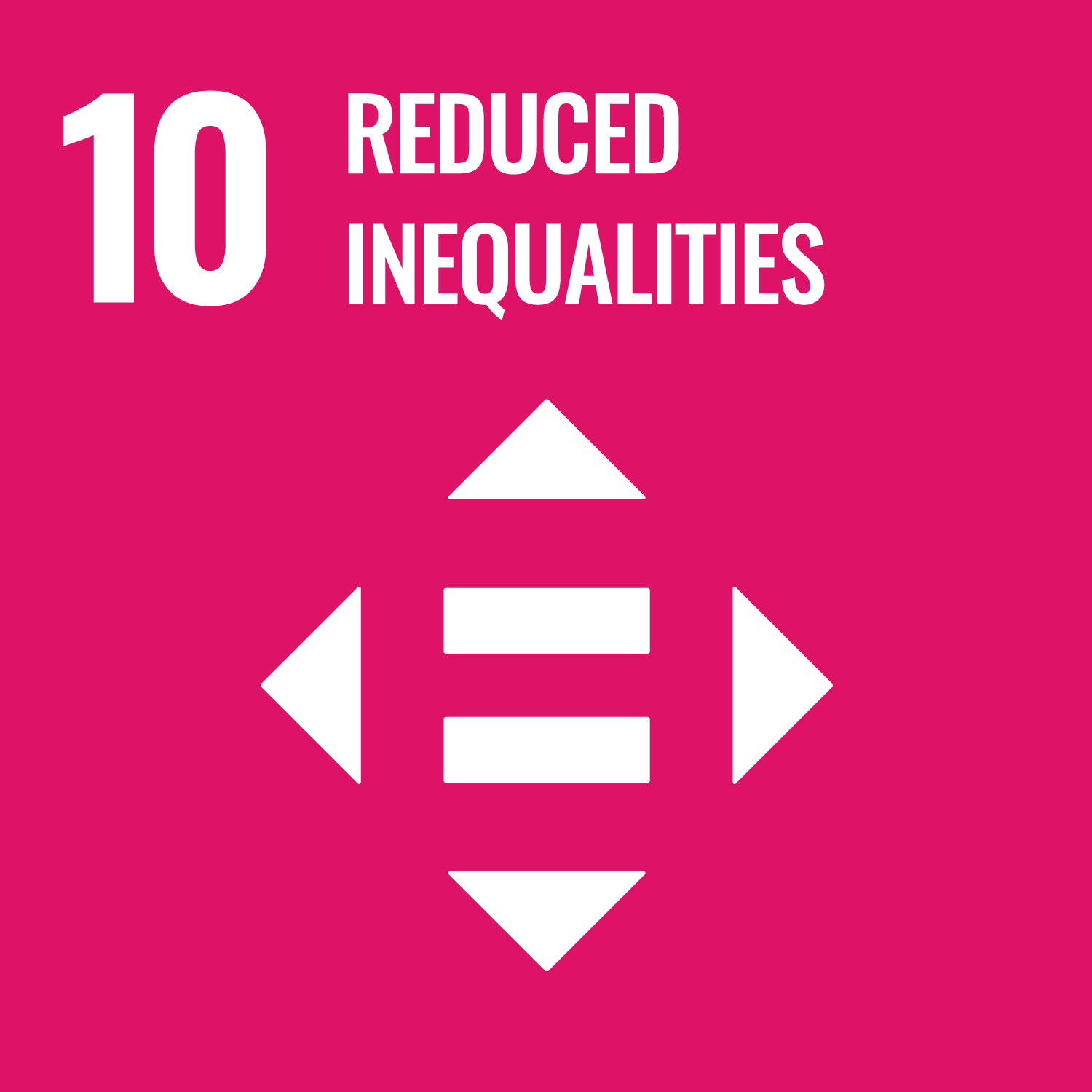

|
|
